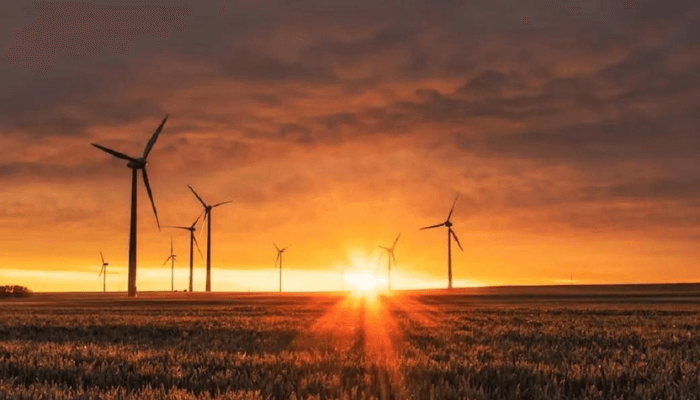Nigeria is pushing for stronger international collaboration as the world races toward a cleaner energy future, with the country’s Minister of Solid Minerals Development, Dele Alake, making a compelling case for inclusive partnerships at the 2024 Future Minerals Forum held in Riyadh, Saudi Arabia.
In his address, Alake underscored the urgency of forging strategic alliances that not only advance the energy transition agenda but also ensure that resource-rich nations, particularly in Africa, are not sidelined in the global shift. He argued that the path to a sustainable energy future must be inclusive, fair, and beneficial to all stakeholders, especially those supplying the critical minerals fueling the transition.
“As the global demand for minerals like lithium, cobalt, and nickel continues to surge, countries like Nigeria must not be seen merely as sources of raw materials, but as partners in value creation and innovation,” Alake stated. His remarks come at a time when the energy world is rapidly evolving, with green technologies such as electric vehicles, solar panels, and battery storage systems relying heavily on mineral resources found in developing regions.

Alake made it clear that Nigeria is positioning itself to be a major player in this new energy landscape. The country boasts a wide range of untapped mineral resources, and the government is intensifying efforts to attract responsible investments into the sector. But beyond investment, Alake emphasized the need for a shift in the global approach to energy transition—one that prioritizes shared knowledge, equitable benefits, and sustainable practices.
He stressed that the development of transparent and ethical mineral supply chains must be a central part of the conversation. According to him, without proper oversight and international cooperation, there’s a risk that developing countries will continue to suffer from environmental degradation, exploitation, and weak bargaining power—challenges that have historically plagued Africa’s extractive industries.
To combat these issues, the minister outlined Nigeria’s ongoing reforms to make its mining sector more investor-friendly and environmentally responsible. This includes streamlining regulations, enhancing geological data access, improving security around mining operations, and strengthening institutions to enforce compliance.
“Our aim is to build a mining ecosystem that not only attracts capital but also creates jobs, supports local communities, and contributes meaningfully to our economic diversification agenda,” Alake explained.
He also called on multinational companies and global investors to go beyond profit-driven models and consider the long-term impact of their operations. “It is time we moved from extractive partnerships to transformative ones,” he said, urging stakeholders to support local capacity-building, infrastructure development, and knowledge transfer in countries providing critical raw materials.
Alake’s remarks reflect a broader concern among developing nations that the global push for clean energy could mirror past cycles of resource exploitation, unless systemic changes are made. For Africa to truly benefit from the energy transition, he said, it must be seen as an equal partner in the journey—not just a supplier of raw inputs but a co-architect of the new energy economy.
He pointed to Saudi Arabia’s example of leveraging its natural resources to drive economic transformation, suggesting that African countries could do the same with the right policy frameworks and international support. Nigeria, he noted, is committed to learning from such models while tailoring its strategy to local realities and development needs.
Alake concluded his address with a call to action for the international community to adopt a unified approach to the energy transition—one rooted in fairness, sustainability, and mutual respect. “If we are to meet our climate goals and build a truly inclusive global economy, we must collaborate across borders, share innovations, and ensure that no region is left behind,” he said.
His message resonates at a critical moment in global climate discourse, as governments, investors, and civil society organizations grapple with how to balance the urgent need for decarbonization with the equally important goals of equity and development. For Nigeria, and indeed Africa, the energy transition presents not just a challenge—but an opportunity to redefine its place in the global economy.
Support InfoStride News' Credible Journalism: Only credible journalism can guarantee a fair, accountable and transparent society, including democracy and government. It involves a lot of efforts and money. We need your support. Click here to Donate
